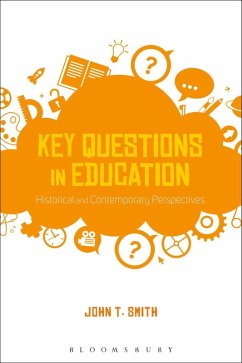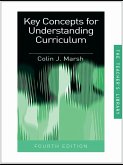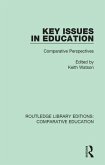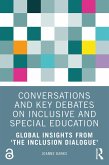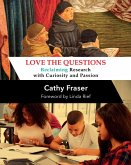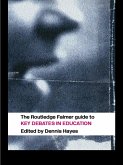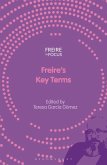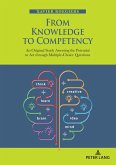The media is full of reference to failing schools, troublesome pupils, underperforming boys, disappearing childhood and a teaching profession in crisis as more and more teachers contemplate abandoning their careers. Key Questions in Education looks at the current and historical debates of each of these issues, examining how a multitude of stakeholders have viewed, and still view, childhood and schooling. In highlighting how these same or similar issues have persistently been debated throughout time, John T. Smith shows something of their complexity and the need to break apart these key enduring questions in education.
Each chapter covers a key question such as: How far should the state interfere in education? Should schools feed their pupils? and Why do children misbehave? Analysing each key question, chapters discuss how such issues were viewed or defined in the past, what solutions and outcomes were envisaged and compare and contrast how this relates to where we are now. Clear links are made throughout between historical sources and current ideology, policy, practice and research. In opening up these debates through case studies and vignettes, students are encouraged to reflect on how these contentious issues might be resolved and how this affects them as future educators.
Each chapter covers a key question such as: How far should the state interfere in education? Should schools feed their pupils? and Why do children misbehave? Analysing each key question, chapters discuss how such issues were viewed or defined in the past, what solutions and outcomes were envisaged and compare and contrast how this relates to where we are now. Clear links are made throughout between historical sources and current ideology, policy, practice and research. In opening up these debates through case studies and vignettes, students are encouraged to reflect on how these contentious issues might be resolved and how this affects them as future educators.

